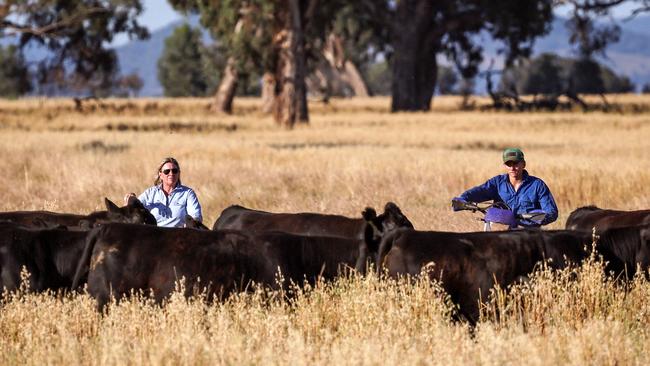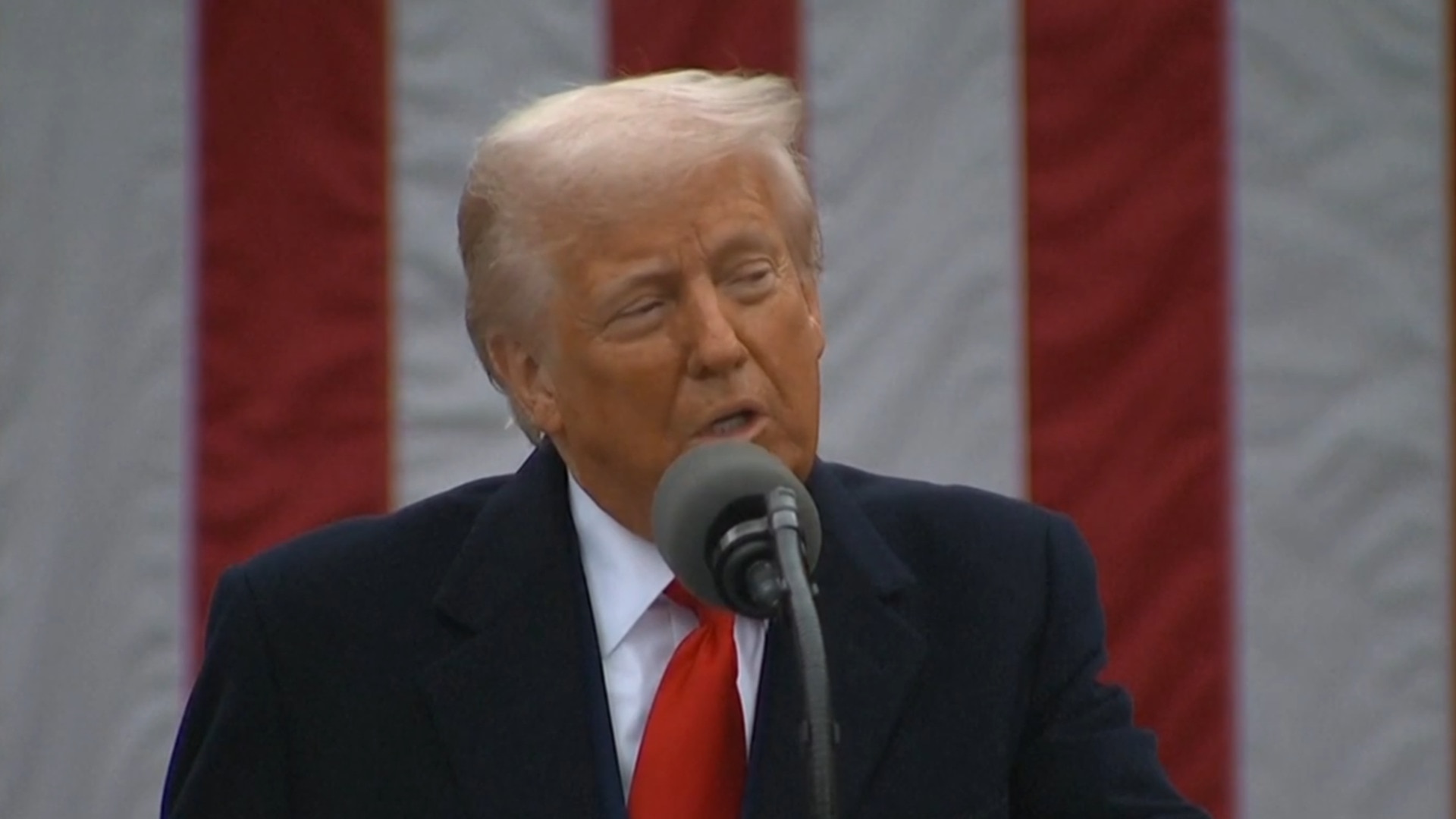
It has also given us an opportunity as an industry to address some of the utter nonsense that has been used to diminish and undermine Australian cattle producers.
For more than a decade, various sectors including our own have been saddled with a bureaucrat-made, politician-sold rhetoric that we must “play our part” to tackle climate change and environmental management. We do not shy away from this. But where we’ve landed today, as Australia prepares for this election, is an unbalanced, incorrectly skewed and factually flawed narrative that has no connection to what’s going on in the real world.
We are not climate deniers. We are innovators and global leaders. We are careful custodians of nearly half the land mass of Australia and are responsible for a revolution in modern land care that has tangible results.

Specifically, the future of our industry and communities hinge on policy change in the areas of carbon markets and environmental management. Over the past decade, the sector has been talked at by policymakers, and we are asking the next government to try something new: listen to us. Respect our specialist knowledge of the land, our experience and our genuine love for the land.
We are change leaders, driving innovation and sustainable practices in our sector. If we don’t protect our land, we lose our livelihoods. Healthy land leads to productive cattle. We are doing our part; the government needs to do its part.
We’re asking for the natural methane produced by cows to be appropriately represented in national carbon accounting systems. This is not new carbon like burning fossil fuels, it is part of a natural carbon cycle. Policy makers must immediately fund research on the role ruminants play to improve environmental outcomes and there needs to be a re-evaluation of mandatory climate-related financial disclosure legislation and scope 3 reporting of indirect emissions.
It’s time to advocate on the international stage to accept the equivalency of the Australian vegetation laws. We need an accurate and up-to-date national dataset based on satellite mapping. This will show consumers, and trading partners the real and positive impact the beef industry’s land management commitment is having on land use and biodiversity.
This includes acknowledging buffel grass as a vital contributor to the economic viability and sustainable profitability of regional and rural Australia. It’s economic and environmental madness to declare this plant a weed when it’s a vital pasture for the northern cattle industry and is the MVP during drought.

It’s good to see some common sense in Canberra, thanks to the Coalition’s commitment to a sustainable funding model to support effective biosecurity, traceability and industry systems, including user-pays charges on importers. If re-elected, federal Labor needs to follow suit.
Global partnerships that deliver mutual social and economic benefits are critical. Reinstating the red meat partnership with Indonesia, for example, makes perfect sense. This would strengthen food security in the region, delivering for our northern communities as well as for the Indonesian people.
Finally, we have been asked to be transparent about our practices, so we ask the same transparency be demanded of the plant-based protein producers. We need to enact truth in labelling laws to protect consumers from plant and cell-grown protein sources being described as meat. We are still waiting for the current Government to respond to the Senate recommendations on the issue, while untruths around the nutritional value of beef continue to fester among consumers with no consequences.
The red meat supply chain employs more than 430,000 people domestically. It’s time to support them.
Chris Parker is chief executive of Cattle Australia.






The Australian cattle industry is still working to understand the impact of America’s tariffs. My view is that this strategy is an own goal for the US. However, with an election around the corner, it has highlighted a clear and present need for Australians to support Aussie beef.